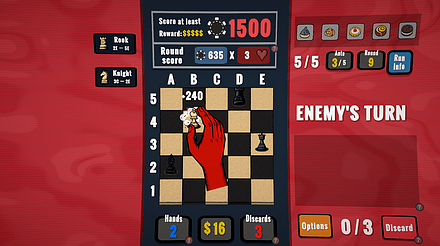In a move that sends ripples through the independent gaming community, the digital storefront Itch.io has been rendered inaccessible within the Russian Federation. The state communications regulator, Roskomnadzor, formally added Itch.io to its registry of blocked resources on September 10, effectively cutting off Russian users from a diverse catalog of indie creations. While the official reasoning remains broadly stated, this action underscores a recurring tension between platform autonomy and national content regulations.
The Indictment: Broad Strokes of Article 15.1
Roskomnadzor`s decision cites Article 15.1 of Russia`s Federal Law “On Information, Information Technologies and Information Protection.” This particular statute is a legislative chameleon, capable of covering a wide array of content deemed illegal. Its purview ranges from the dissemination of child pornography and incitement to suicide, to instructions for manufacturing explosives or narcotics, and the sale of prohibited alcohol or medications. The precise content on Itch.io that triggered this severe response, however, remains officially unarticulated.
This lack of specificity leaves observers to speculate, allowing for a certain regulatory ambiguity. Is it a single rogue project, or does it hint at a more systemic issue with the platform`s content philosophy? For those familiar with Itch.io`s operational ethos, the answer might lie in past skirmishes over content moderation.
Itch.io: A Sanctuary for Unconventional Creativity
Unlike larger, more corporate digital storefronts, Itch.io has carved a niche as a vibrant, open platform primarily dedicated to indie games. It is a place where experimental, niche, and often boundary-pushing projects find a home. This democratic approach empowers countless independent developers to publish their work without the stringent oversight or commercial pressures often found elsewhere. From quirky experimental titles to deeply personal narratives, Itch.io celebrates creative freedom and diversity, fostering a unique ecosystem that benefits both creators and a global audience seeking something beyond mainstream releases.
A History of Defiance: Content Moderation and the 18+ Conundrum
This isn`t Itch.io`s first encounter with content-related challenges. Just months prior to the Russian blockade, the platform faced significant issues with several major payment processors. These financial partners demanded a more aggressive stance on moderating 18+ content hosted on Itch.io. In a testament to its principles, Itch.io`s administration publicly refused to outright remove these mature titles. Instead, they implemented additional filtering mechanisms, allowing creators to continue distributing their 18+ content while the platform sought new payment partners. This principled stand, prioritizing creator autonomy over immediate financial convenience, may offer a crucial clue to the current situation.
While the Russian law cited is broad, the history of Itch.io`s content battles strongly suggests that the presence of adult-oriented games – a category the platform has consistently defended and sought to manage through filtering rather than outright removal – is a likely, if unstated, factor in Roskomnadzor`s decision.
The Broader Canvas: Digital Borders and Creative Ironies
The blocking of Itch.io in Russia is more than an isolated incident; it`s a further stitch in the tightening fabric of digital borders. For Russian gamers, it means reduced access to a unique repository of innovative and often free or pay-what-you-want games. For independent developers in Russia, it potentially curtails their ability to discover, be inspired by, or even distribute their own work via a globally recognized indie platform. This move contributes to the balkanization of the internet, where national regulations increasingly fragment the global digital commons.
The irony is not lost on those who champion the open internet: a platform designed to lower barriers for creators now finds itself blocked by a national barrier. As governments worldwide grapple with the complexities of digital content, the balance between regulating harmful material and preserving creative freedom becomes increasingly precarious. The Itch.io blockade serves as a stark reminder of these ongoing struggles, highlighting how national policies can profoundly impact global digital ecosystems and the vibrant communities they foster.

